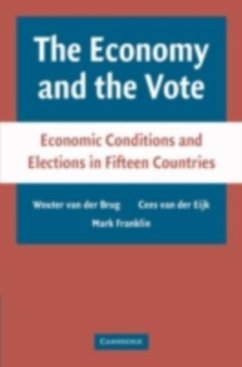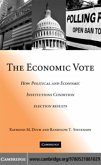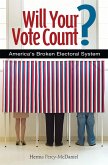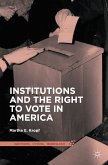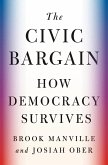Economic conditions are said to affect election outcomes, but past research has produced unstable and contradictory findings. This book argues that these problems are caused by the failure to take account of electoral competition between parties. A research strategy to correct this problem is designed and applied to investigate effects of economic conditions on (individual) voter choices and (aggregate) election outcomes over 42 elections in 15 countries. It shows that economic conditions exert small effects on individual party preferences, which can have large consequences for election outcomes. In countries where responsibility for economic policy is clear, voters vote retrospectively and reward or punish incumbent parties - although in coalition systems smaller government parties often gain at the expense of the largest party when economic conditions deteriorate. Where clarity of responsibility for economic policy is less clear, voters vote more prospectively on the basis of expected party policies.
Dieser Download kann aus rechtlichen Gründen nur mit Rechnungsadresse in A, B, BG, CY, CZ, D, DK, EW, E, FIN, F, GR, HR, H, IRL, I, LT, L, LR, M, NL, PL, P, R, S, SLO, SK ausgeliefert werden.

